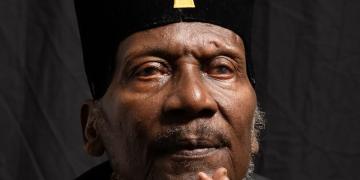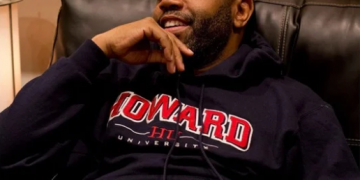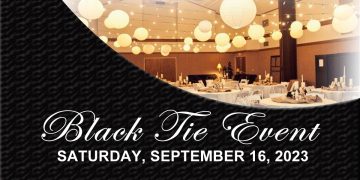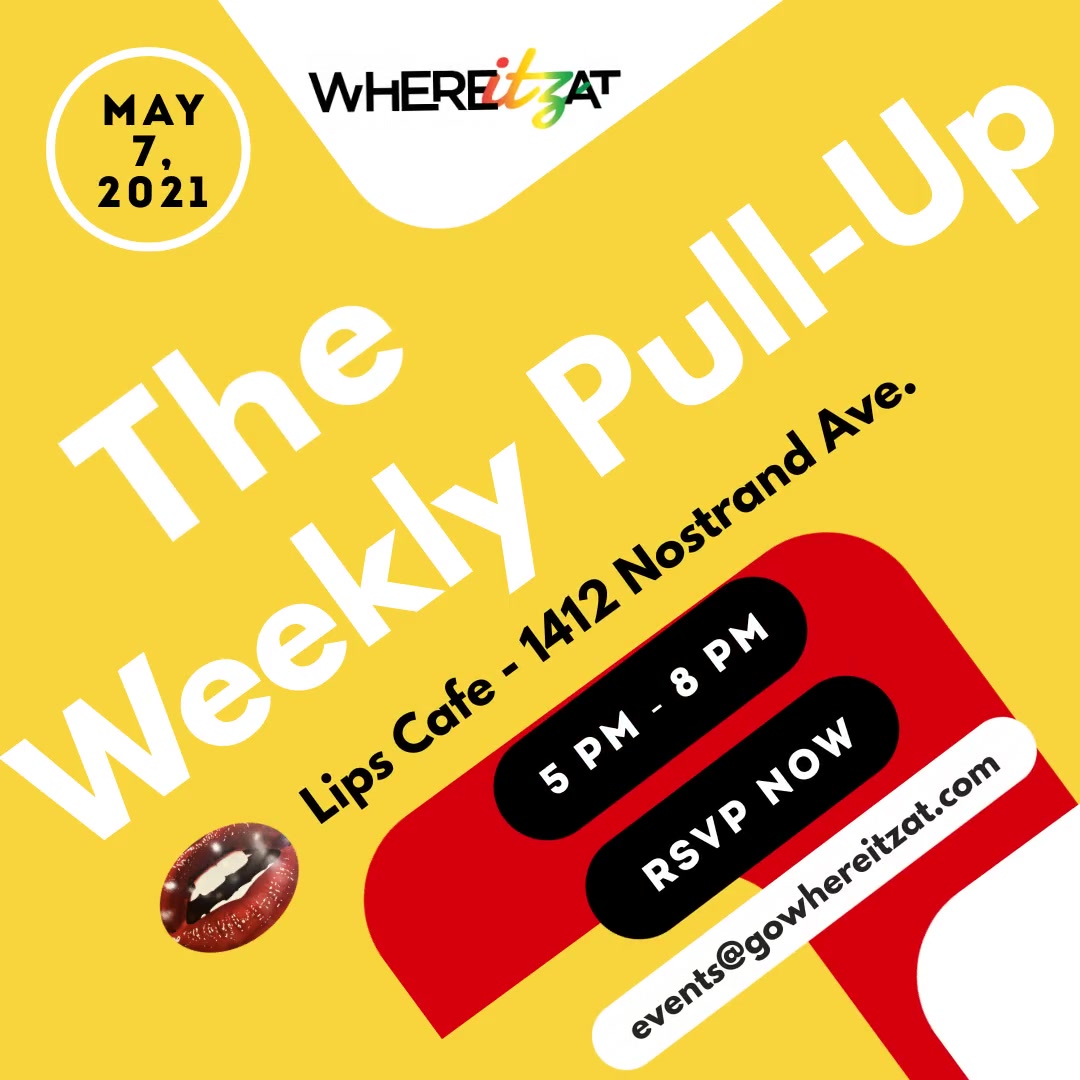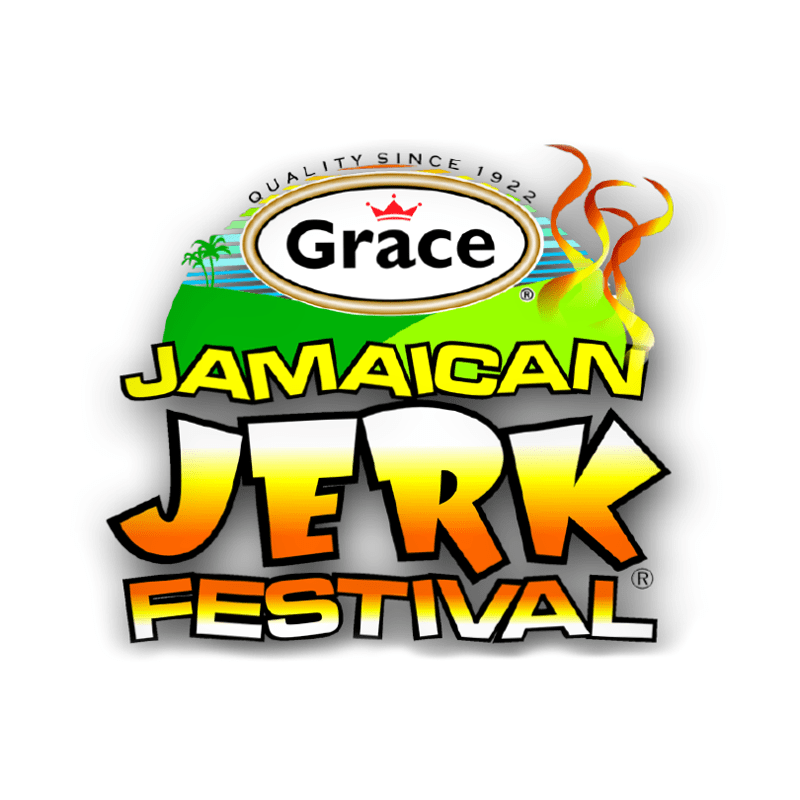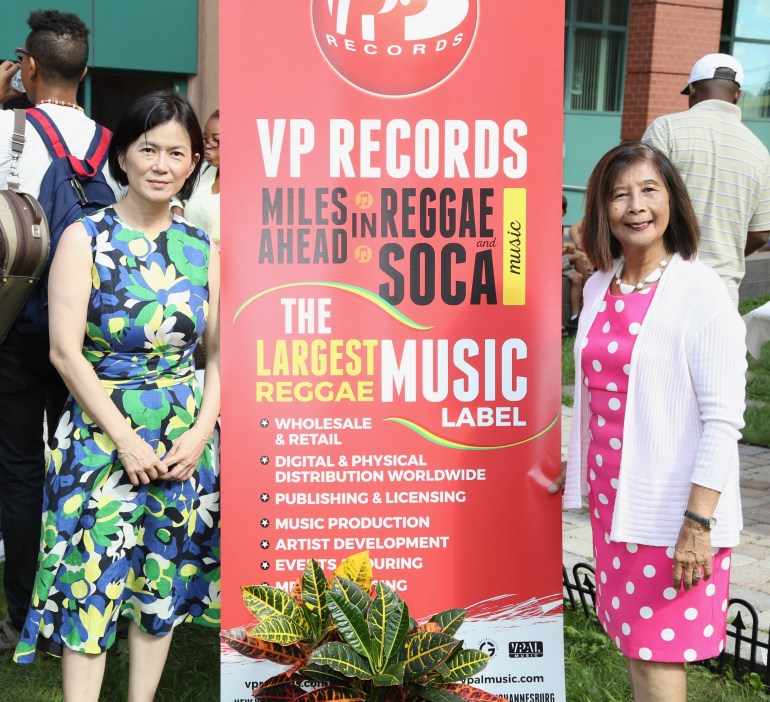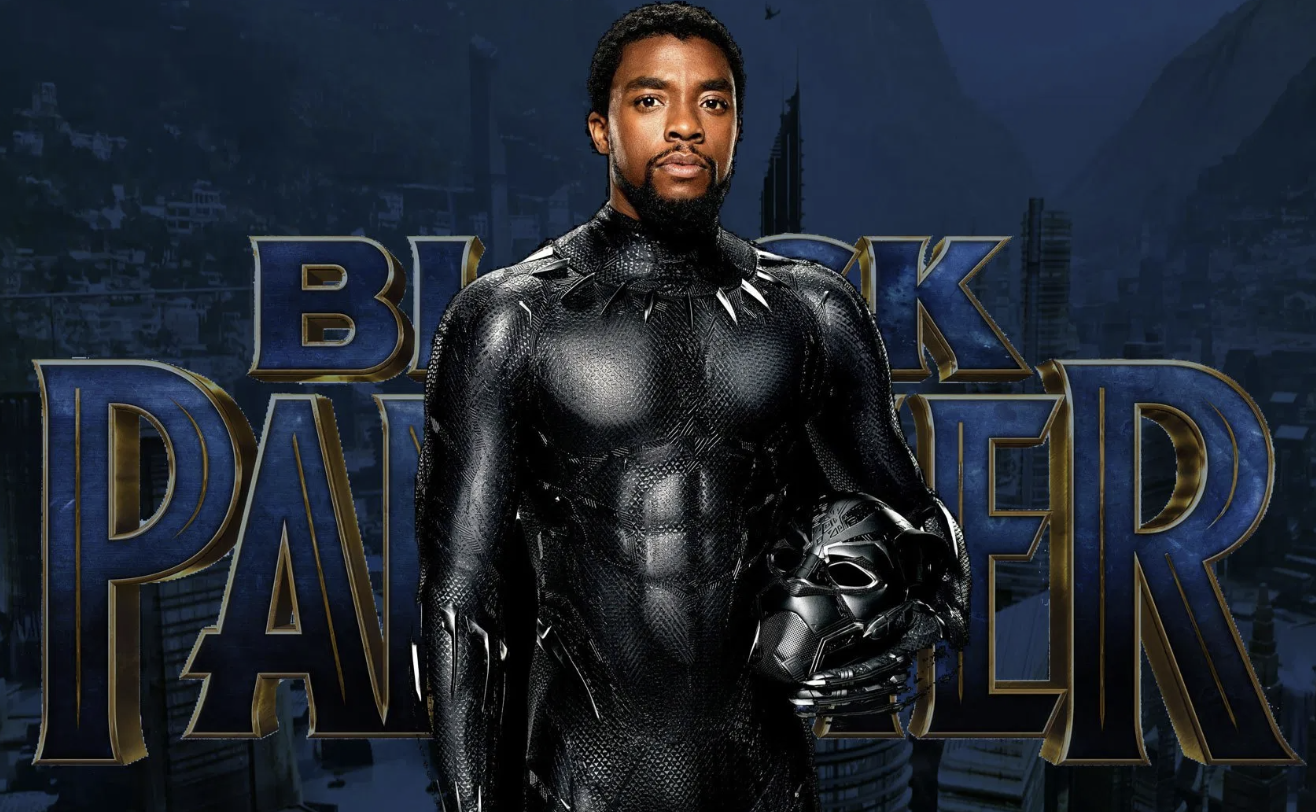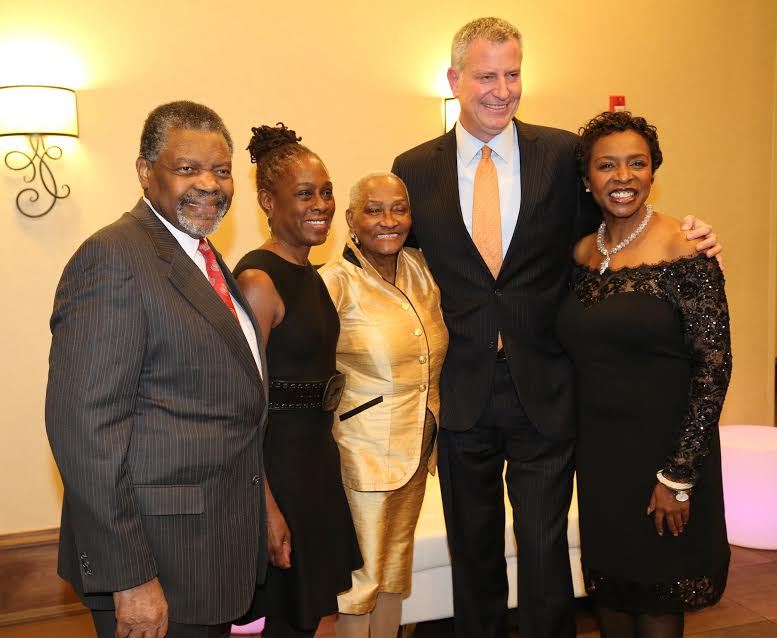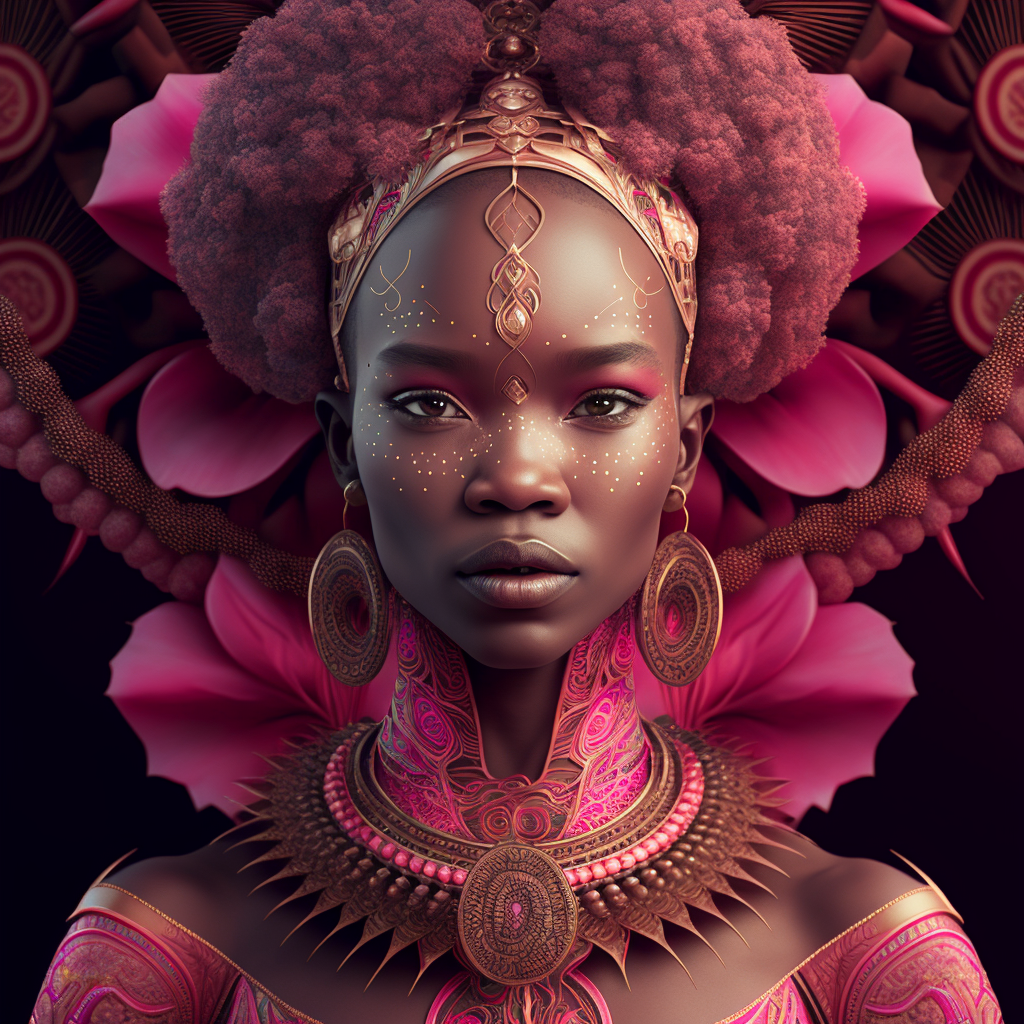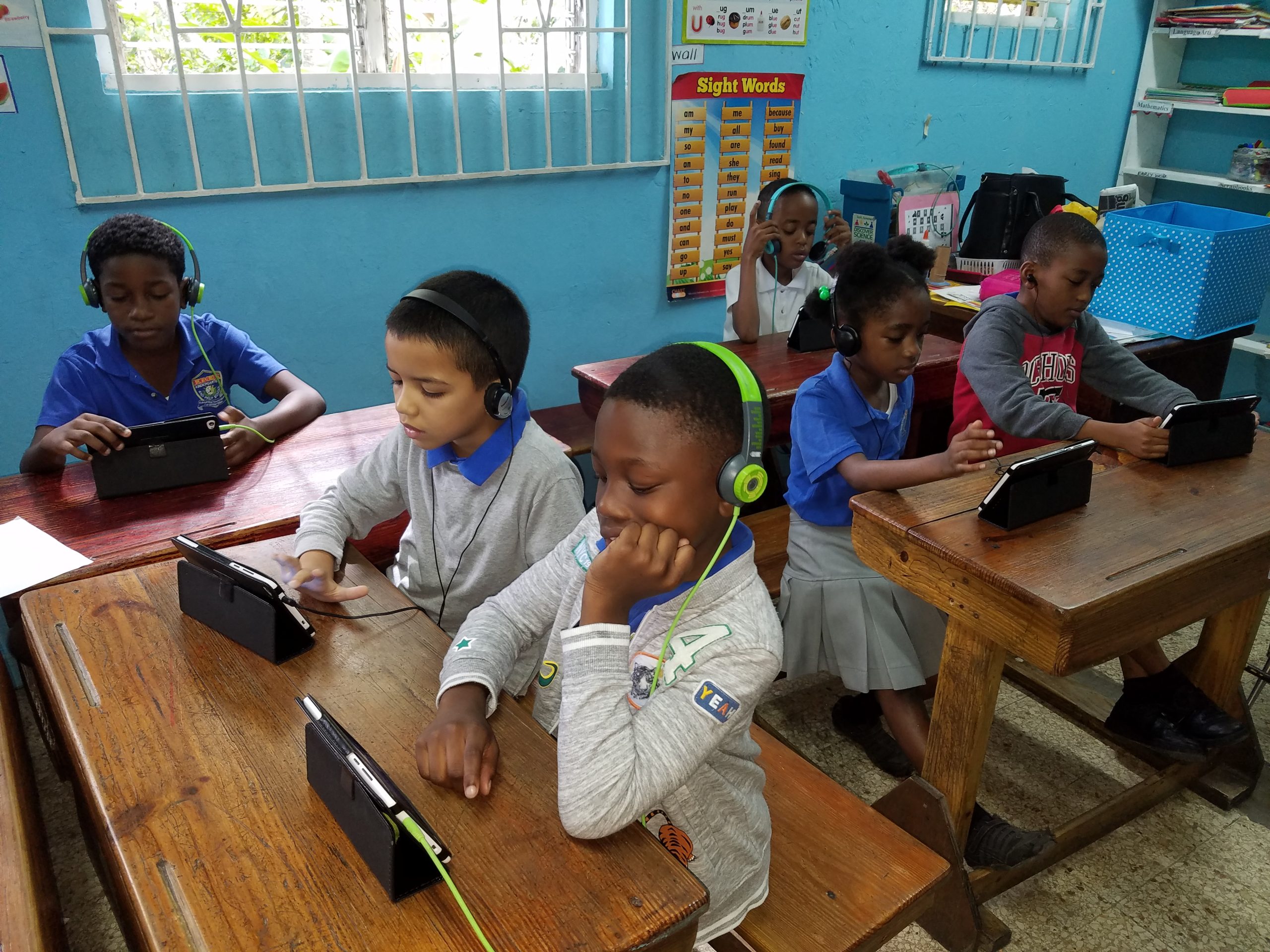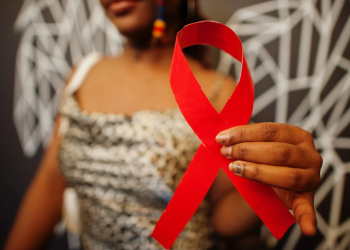“It is a return…”
This Story by Janine Mendes-Franco originally appeared on GlobalVoices.org on February 2, 2021
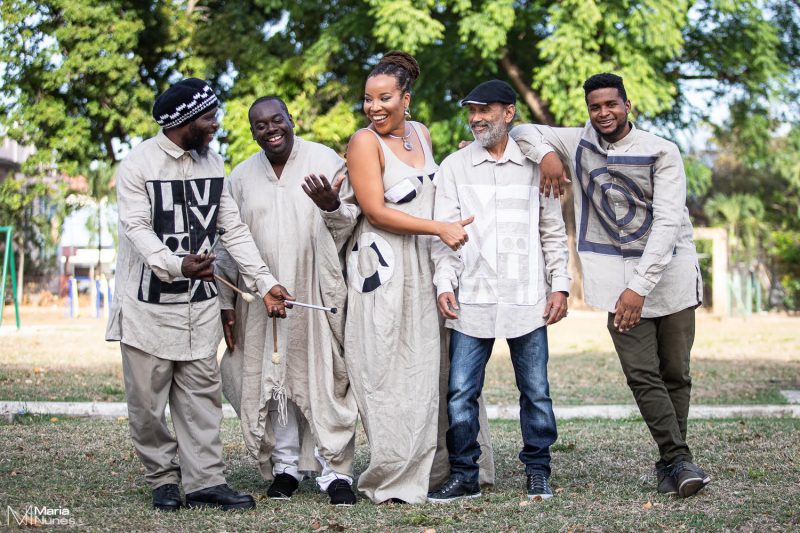
It’s no surprise that the COVID-19 pandemic has led to the cancellation of Trinidad and Tobago’s 2021 Carnival celebrations. What is surprising to some Carnival stakeholders is that the National Carnival Commission (NCC), the state body that oversees the festival, has advised that it will not be hosting any virtual events, despite the fact that other world-famous Carnivals, most notably the one in New Orleans, will be taking the celebrations online come February 15 and 16.
Winston “Gypsy” Peters, former calypsonian turned politician who is now the NCC chair, has defended this position by saying that Carnival is “a contact sport” that needs to be “peopled.” Instead, the NCC proposes to do a retrospective on 100 years of the national festival. Peters added Carnival is a money-earner for the country and that he had to ensure that any taxpayers’ dollars spent would provide a return.
His stance sparked criticism, not only from the artists, designers, musicians and performers whose livelihoods depend in large part on Carnival events—many of whom are hosting both virtual and COVID-19-compliant, in-person events on their own—but also from those who understand the national festival to be much deeper and more significant than a mere contributor to the country’s gross domestic product (GDP).
One of those artists is musician Chantal Esdelle. Soon after the pandemic hit, she and her band Moyenne, a Trinidad and Tobago-based jazz group that is firmly rooted in the country’s calypso and steelpan tradition, began offering performances via podcast, under the name of their studio, the Ethnic Jazz Club. Esdelle has also been using her blog to discuss how people can reconnect with Carnival in much more meaningful ways now that the pandemic has upended the status quo. Through both email and phone, we discussed the possibilities.
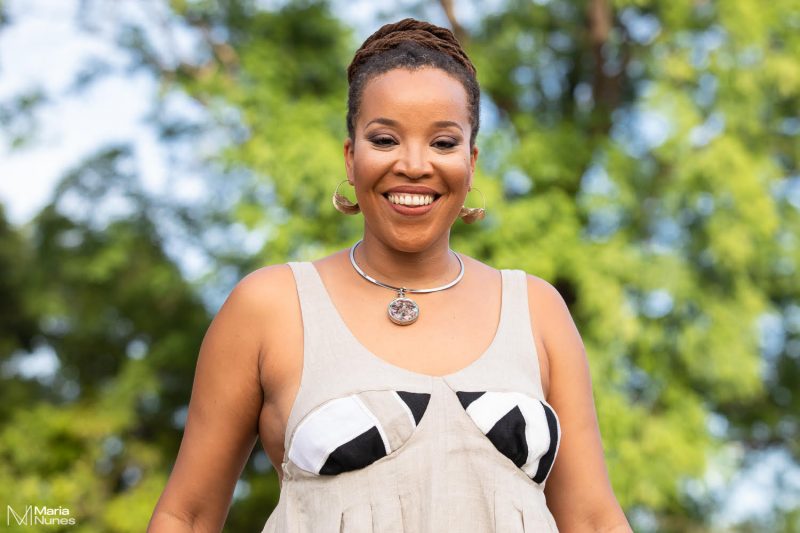
Janine Mendes-Franco (JMF): Trinidad and Tobago would ordinarily be in the throes of Carnival fever by now. How is the absence of the festival this year affecting you?
Chantal Esdelle (CE): On the surface, [I feel] numbness, which could translate to mean I feel a sadness and loss. My Carnival is in steelband … Panorama and J’ouvert. It is a place where I meet up with decades-old friends, plan, inspire, meet younger [musicians] and rekindle warmness with elders. I am missing that deeply.
JMF: In your blog post, you observe that the practice of Carnival is “being met in the same way many of the tenets of Carnival originally were, with restrictions and repression.” How does your Backyard Jam concept fit in?
CE: In the post I was suggesting that the Backyard Jam is how we [are] celebrating this year, and this and all might be shut off, just like many other Carnival yards were banned in the earlies. I say this with no citations of any sources. The way it influenced me, though, is to look at how Carnival creativity is engendered in a close (relationship-wise) space, and then vibrates out. This further propels me to continue the model we have of a studio that produces work for our patrons, but now spirals out by showing [what we do] to a wider audience by broadcasting video recordings of it.
The Backyard Jam is word of mouth, [based on] contributions not fees, and participation in an activity—not consumption of a product—which is where Carnival is currently at, so … it is a return.
JMF: You mention “a return to an awareness of self and a restoration of cultural confidence” emanating from this fresh understanding of Carnival’s purpose.
CE: Cultural confidence … you kinda have to have it in a small space ’cause you can’t bullshit people when they are in close range, so you have to clearly decide what you’re doing and this always requires a bit more reflection and remembrance. So for me, it is a restoration and I hope that broadcasting it will result in some people catching it, just as the music of Andre Tanker and Boogsie and Ralph McDonald’s music in concerts and even on TTT [Trinidad and Tobago Television, the state-owned media house] clips would have caught me … or arrangements from Earl Rodney and Clive Bradley as I unawarely heard them on the radio or being played on pan.
JMF: How are artists innovating within their own little pockets and what effect do you feel it will have on Carnival in the long run?
CE: Artists are mostly doing their own thing and streaming it online … a lot of people use Wack’s service. Hopefully, this will encourage folks to continue doing independent work and lead to a more diverse festival rather than the one we have, that is centred around three or four major competitions.
JMF: We like to call it “the greatest show on earth,” but a lot of the spectacle has fizzled precisely because of the commercialisation of the festival. Do you think this pandemic offers an opportunity to reset so that Carnival can once again become the great equaliser, even while showcasing our creativity and offering enjoyment/release?
CE: We definitely get to reset, ’cause in this situation, if it lasts more than just this Carnival, we get to focus on how we want to make it work for us again: activity and participation rather than production and consumption. It doesn’t mean no resources will be exchanged … emotional, physical and monetary currency will still be exchanged, but the motivation would be different. It needs to happen for more than one Carnival, though.
JMF: What’s your favourite Carnival memory and why do you think it’s important to keep the festival alive?
CE: The Panorama semi final of 1989 … the excitement and most importantly, the people. It was electric; the panorama tune of choice was ‘Somebody.’ I felt magic and connection. Carnival cannot actually die. I think this year, we can do things to remind us of that by just doing and also feeling … feeling how much we are connected to each other when we celebrate in this feast.
JMF: Across the world, this pandemic has proven how reliant people are on the work of creatives. What are some tangible ways in which we can better value our artists?
CE: I think people do [value artists] but our system is not set up to support the arts industry, so some thought [has to go into] setting up infrastructure for that. The internet and social media have helped tremendously during this time. It is the way we have kept in touch and have shared our work since the start of the pandemic: podcasts, online concerts and notices on our website.
JMF: What’s your vision for 2021 Carnival and beyond?
CE: This Carnival, for us to do whatever we can manage that will rekindle our spirit. Beyond? Do work for us, not for outside consumption — a balance between sustenance and creativity.

